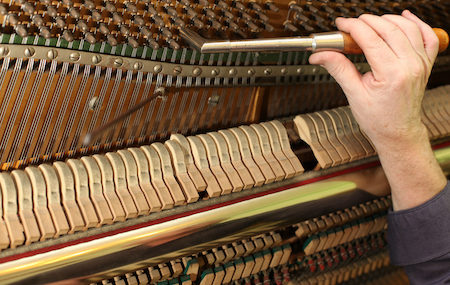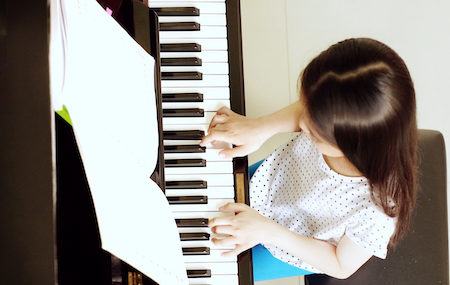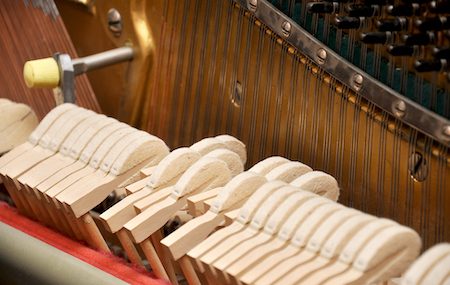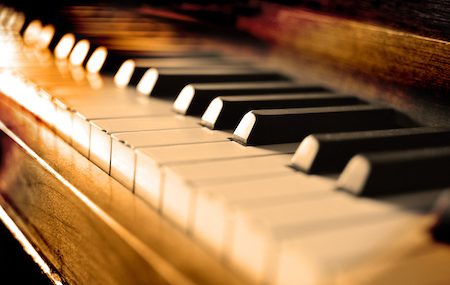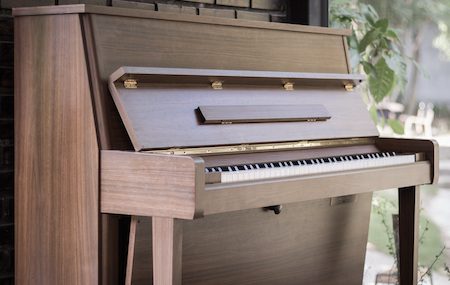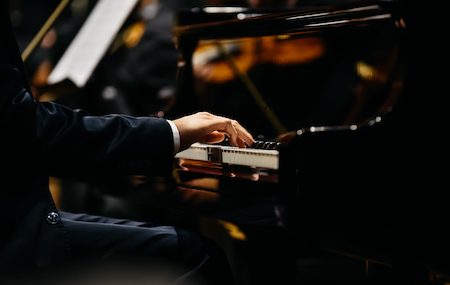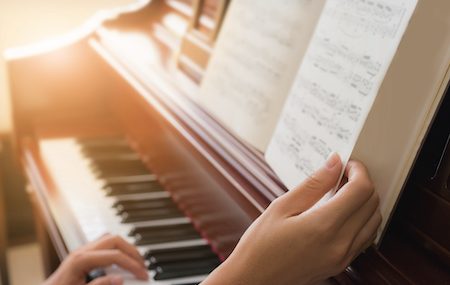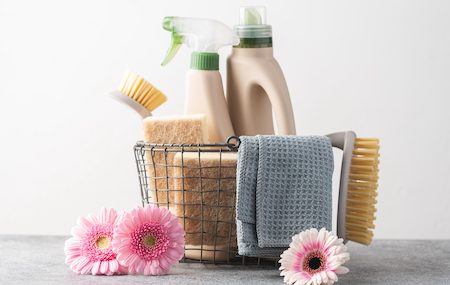Many people put a piano on display, proud of their family heirloom. It sat in their parent’s home, their grandparents owned it too. It can be traced back further than that, even back to their great-grandparents.
Yes, if you invest in a quality piano, it can last for 100 years. Not every piano is up for the job; here’s what it takes.
Pay attention to brand
Brand matters for longevity. If you want a piano to be around to hand down to the next generation, start by looking at pianos built for a lifetime of play. A reputable dealer will be able to point you toward pianos that stand the test of time. They are the very same manufacturers that built pianos during your grandparents’ time. They know how to produce high-quality instruments, and they stand behind their work.
Regular tuning
Tuning is one of the most important maintenance items to keep your piano healthy. The Piano Technicians Guild recommends that a piano be tuned four times during the first year, then twice a year beyond that. Time it with seasons change to ensure heat and moisture don’t leave their impact. This allows a professional to find minor problems that could quickly escalate into bigger issues.
Care and maintenance
Location is everything. Ensure the right level of humidity, and low fluctuations in temperature. Keep a piano away from drafts, and avoid streaming sunlight. Don’t put drinks on the edge or lid; water is one of the most damaging items. Carefully dust the keys, and keep things away that can block function.
Restore when it’s time
Pianos have a lifespan of 30 to 50 years, no matter what brand it is or how well it’s cared for. Eventually, certain things may need repair. New pins. Update strings. Replace the soundboard.
A reputable piano restorer will keep it as close to original as possible. They will upgrade where necessary, with the end goal of quality.
If you want to make your piano last for generations, start out by buying a piano built for the task.
We can help. Just ask.
